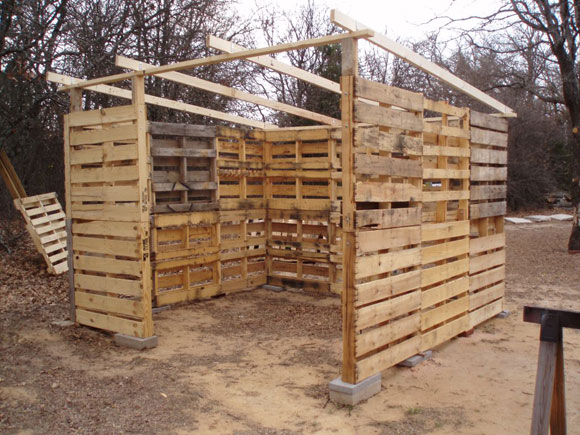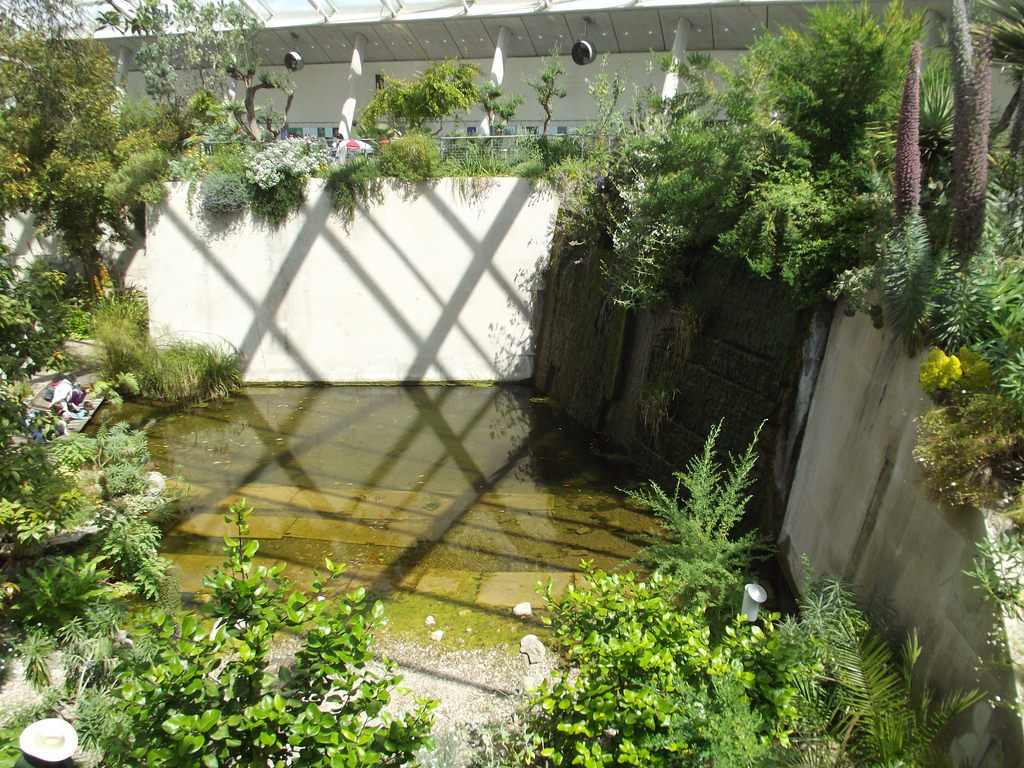Who doesn’t want to have a neat and clean house and to breathe healthy air?
With conventional home-cleaning methods being tedious, the world witnessed a technological marvel in the early 1900s—the invention of vacuum cleaners.
These were machines capable of removing debris from the floor, furniture, appliances, etc. using suction. They were handy, more convenient, and provided cleaner results, improving the quality of life from day one. With time, these vacuum cleaners evolved.
What Is a Central Vacuum?
A central vacuum essentially consists of an inbuilt, centrally located vacuum power unit. This unit contains a vacuum motor and dirt collector or canister.
From this unit, the tubing is routed through walls, crawl spaces, attics, and/or under floors all the way to conveniently located wall inlets. As one whole-house vacuum, a lightweight and flexible hose is inserted into those wall inlets. This turns on the central vacuum.
The vacuums come with a set of attachments, allowing all surfaces to be cleaned with ease. After the cleaning is done, the central vacuum hose and accessories can be easily stored. There’s also the option of having a retractable hose that’s stored within tubing in the wall if you’re looking for ultimate convenience.
These vacuums are cost-effective and efficient. They provide healthier air, have more powerful motors than traditional vacuums, are quieter than traditional vacuums and more versatile in nature, and they ensure deep cleaning.
What Is a HEPA Filter?
HEPA stands for “high-efficiency particulate air.” A HEPA filter, as the name suggests, has the capacity to efficiently collect and trap particulates that a conventional filter will simply release back into the air, such as in the air exhausted from a portable vacuum. What was originally designed in the 1940s for prevention of the spread of airborne radioactive contaminants soon found its way into commercial and eventually residential applications.
HEPA filters are made of twisted interlaced glass fibers. As particles pass through them, they circulate and are removed by direct impaction, sieving, interception, and diffusion.
HEPA filters go through numerous tests to earn the name of “true HEPA filter.” The US Department of Energy says that these HEPA filters are proven to trap at least 99.97 percent of particles that are just 0.3 microns in size.
They’re efficient and known to be extremely beneficial for people with allergies or asthma. But does your central vacuum need one?
Does a HEPA Filter Make That Much Difference?
While HEPA filters do reduce pollen and dust particles in the air, it’s not that simple. It isn’t just the filter that improves air quality. You couldn’t put a HEPA filter into an inefficient vacuum and get the same results as you would with a higher-end HEPA vacuum. Rather, it’s the entire system. Quality HEPA vacuums are powerful machines that are sealed completely and have special filters installed that clean the air that the vacuum releases back into the home.
The AAFA, or the Asthma and Allergy Foundation of America, provides a certification program with guidelines for vacuum cleaners. These guidelines don’t specifically require HEPA filters. Dr. Clifford Bassett, a New York–based allergist, suggests that allergy sufferers shouldn’t look exclusively to HEPA-filtered vacuum cleaners to provide a complete solution for their allergy/asthma issues. A HEPA filter can’t do anything alone.
According to Consumer Reports, “The best vacuums keep dirt well-contained and the air clear.” HEPA filters are better for allergy sufferers because this is what they do. But you don’t need a HEPA filter to accomplish containing dirt and keeping the air clear—essentially, to have a cleaner, healthier home. A central vacuum does that on its own.
Why Your Central Vacuum Doesn’t Need a HEPA Filter
The difference with central vacuums is twofold. First, they’re very powerful and remove all dirt and debris from the living space. In addition, all air is drawn into the vacuum via a fan system and then exhausted near the power unit—not into the air you breathe. In simplest terms, there’s no need for a HEPA filter because air isn’t released back into your home.
In addition, you’re not opening your vacuum canister or bag to dispose of the debris after you just finished cleaning, essentially reintroducing the dust, pollen, and dander back into your house. You know that puff of dust and dirt that floats up from your garbage can when you empty the canister? That’s what we’re talking about. No HEPA filter is going to stop this from happening. The only way to prevent the issue is to remove the dirt once and for all from your home, which is why investing in a high-quality dust collector can significantly improve your indoor air quality. That’s what a powerful central vacuum unit does.
Why a Central Vacuum Is Better Without a HEPA Filter
A central vacuum also avoids the disadvantages of HEPA filters. For example, with a HEPA filter, the possibility of mold and bacteria accumulating inside the air system of the filter exists. These microorganisms have the potential to multiply into huge numbers. That’s one of the benefits of having a central vacuum over even the highest quality portable vacuum: bacteria isn’t going to build up in your vacuum system.
In addition, HEPA filters are expensive, and if yours wears out or becomes filled with bacteria or mold—or if your portable vacuum dies—you’ll need to replace it. If there’s a problem with your central vacuum, however, you can contact professional technicians to attend to your issue. Whether that’s a cleaning of your system or regular maintenance. Bonus: since the central vacuum doesn’t need a HEPA filter, that means you won’t have to worry about your HEPA filter wearing out.
Thinking about installing a central vacuum? At Gary’s Vacuflo, we’re happy to help. Is your house under construction? We have it covered. Is your house already constructed? We have that covered too!
We promise you speedy and quality assistance and top-notch service that reflects every dime you spend. Having been delivering full customer satisfaction, we assure you that we leave no room for complaints.



